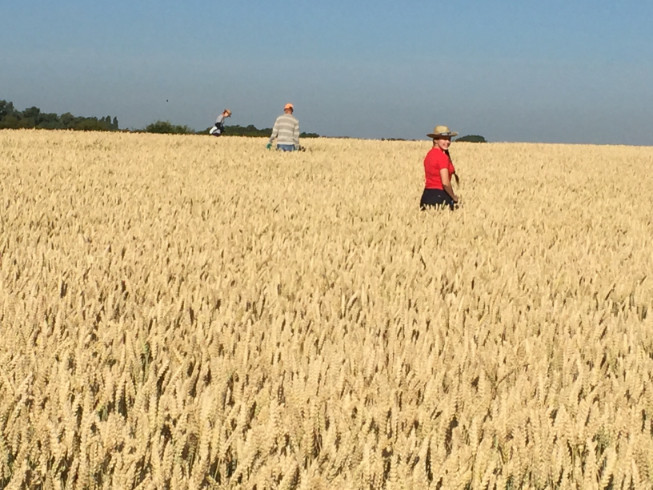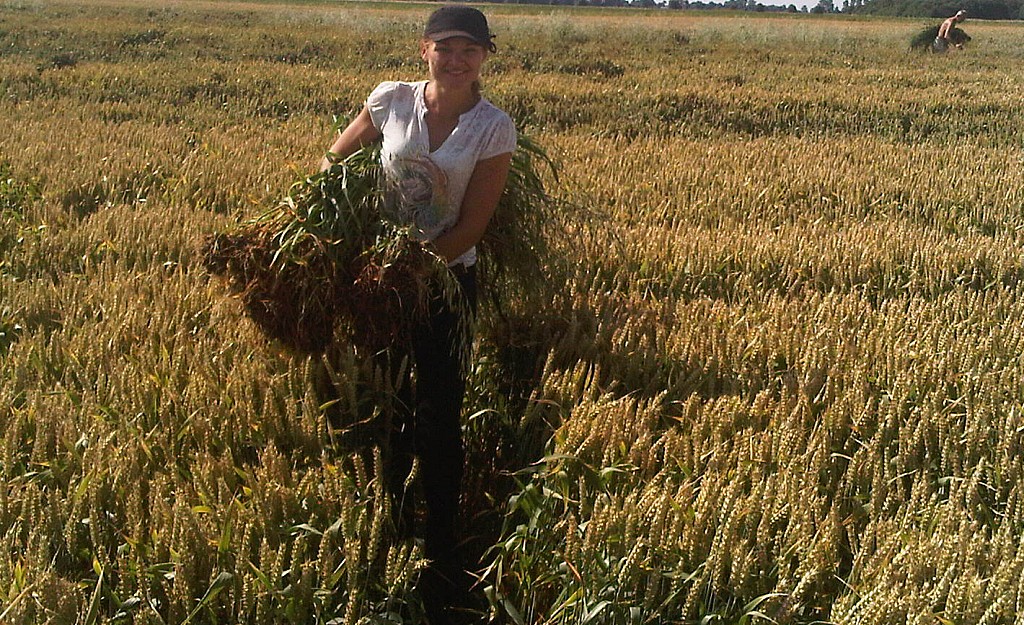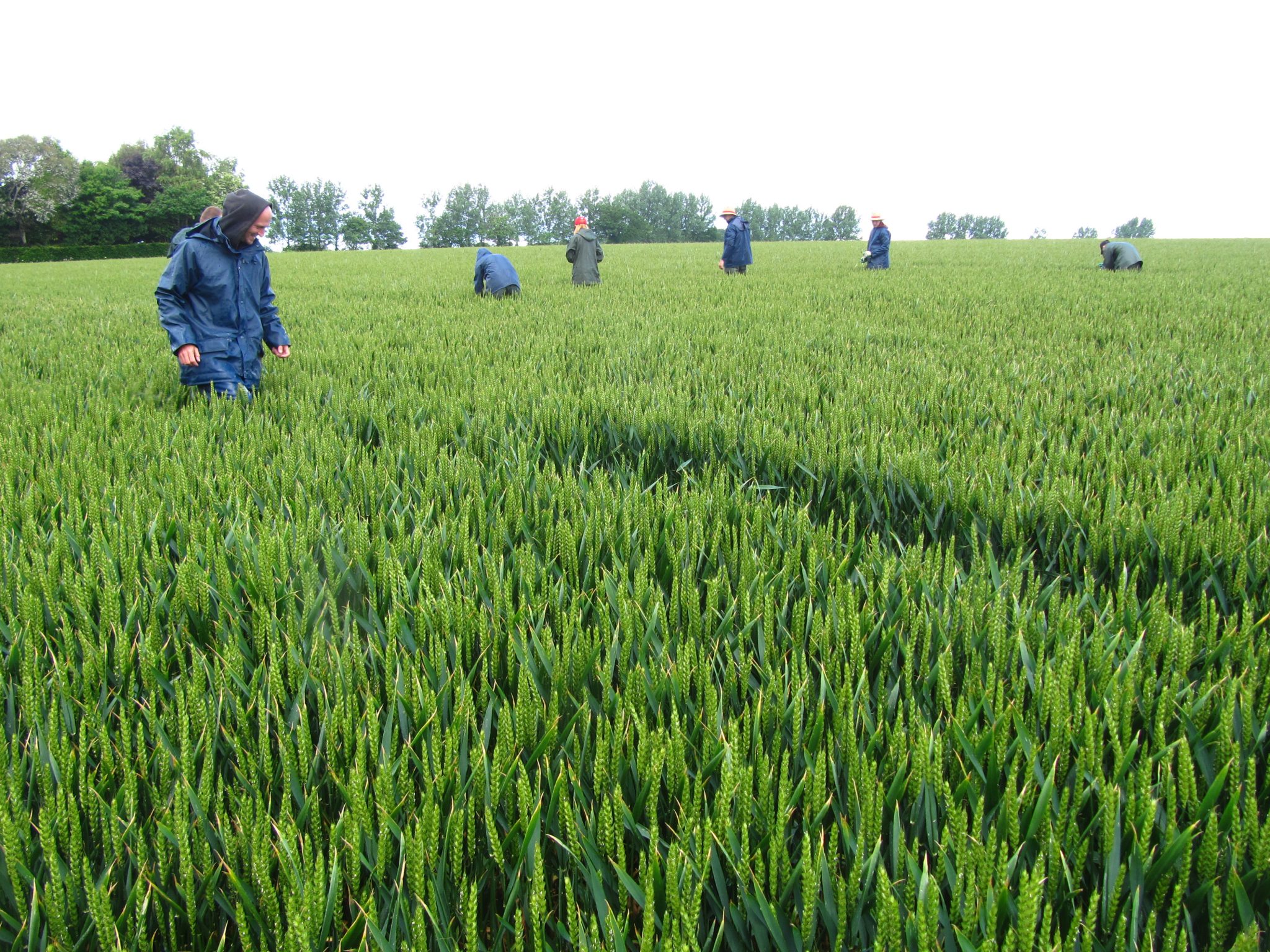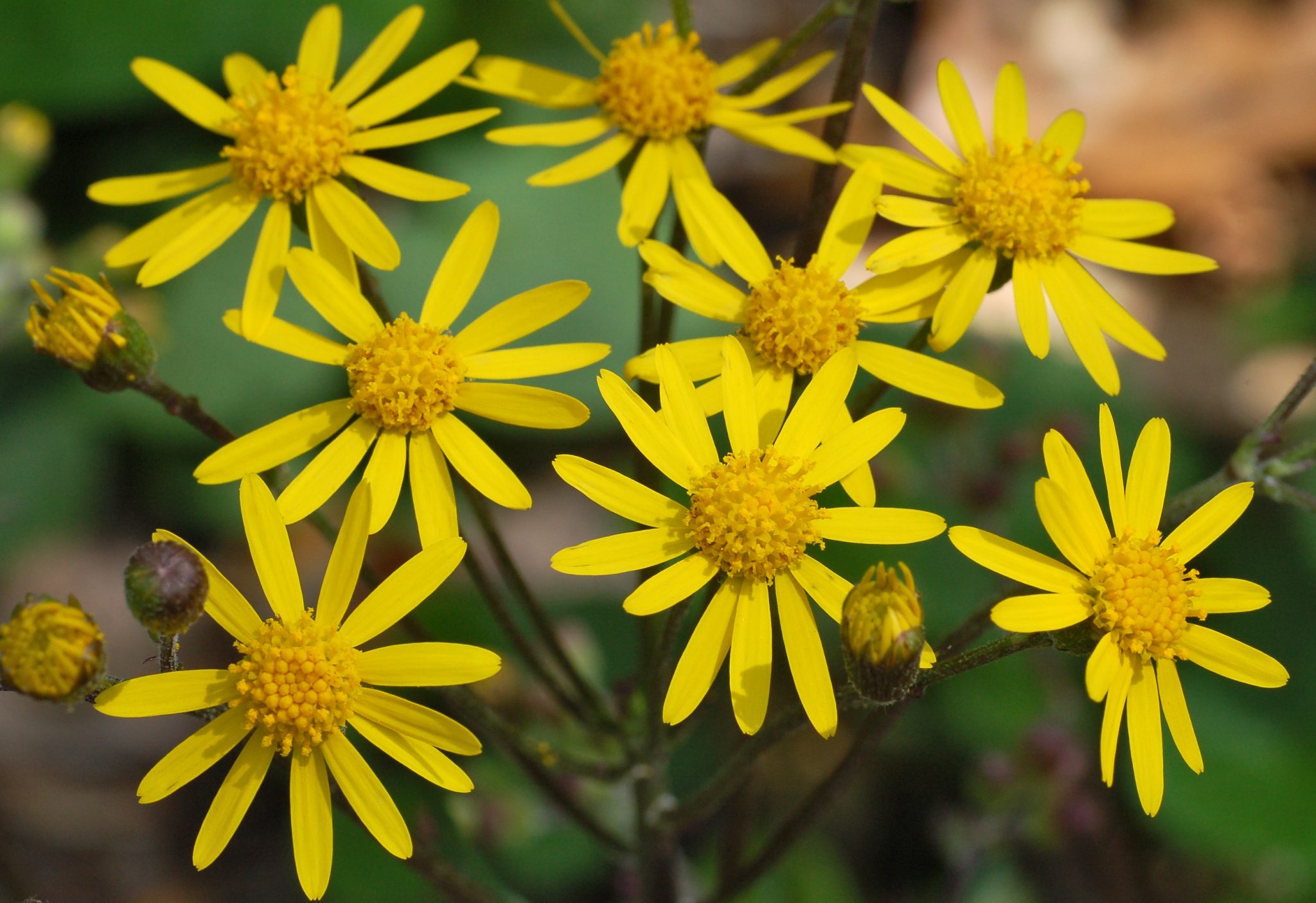Rogueing 2018
No matter which unwelcome plant makes an appearance in your fields, the weed warriors at Van Stomp can tackle it.
With four decades of experience in all types of rogueing, we are trusted by growers, plant breeders and organic farmers alike. Our energetic and experienced rogueing gangs travel the length and breadth of the country rooting out blackgrass, wild oats, weed beet, docks, ragwort, off types, volunteers and admixes, and other contaminants within traditional and organic crops.
The 2018 season promises to be a very busy one and will be managed by the operations team of Alex and Zuzana, seasoned veterans of past campaigns.
To help us plan, please advise us of your anticipated requirements.
Contact: Alex – 07803 415 559 Zuzana – 07887 803370
Or text 07568 429 914 and we’ll call you back.

Call 07887 803370



We love rogueing!
Blackgrass, wild oats, weed beet, docks, ragwort, off types, volunteers and admixes, other contaminants – we are out to get them all.
From protecting the quality of your organic onions to waging war against wild oats and reclaiming pasture from ragwort, we have experienced and committed teams waiting to fight the good fight!
Bolters and Weedy beet
When bolters or weedy beet need pulling… Van Stomp’s weed warriors will save the day.
Ignoring sugar beet bolters in one season can lead to years of costly and embarrassing weed beet infestations! That’s why an investment in annual rogueing is the best and cheapest way to keep weedy beet under control; however, if your bolters have gone to seed and you have a field of weed beet in need of pulling, give us a call. Our conscientious rogueing gangs led by experienced gangers – and overseen by a dedicated operational team – will get rid of the problem quickly and efficiently.
Ragwort
Let us at it!
We have more than 40 years’ experience in clearing fields of ragwort and are licensed to clear and dispose of ragwort. Depending on the size of the affected area and level of infestation, we supply a team of 5-10 workers to pull the ragwort.
- The most effective control measure is an annual pulling program to eliminate ragwort. This can be achieved within two years as ragwort is biennial.
- Ragwort is becoming increasingly common as it spreads to paddocks and pasture land around Britain. The weed contains toxic compounds that cause irreversible damage to the liver.
- Horses and cattle are most susceptible to ragwort poisoning, especially the younger animals.
- Removal of ragwort is best undertaken in spring and summer before the plant is able to seed.
- Crops contaminated with ragwort (such as hay and straw) cannot be sold on.
